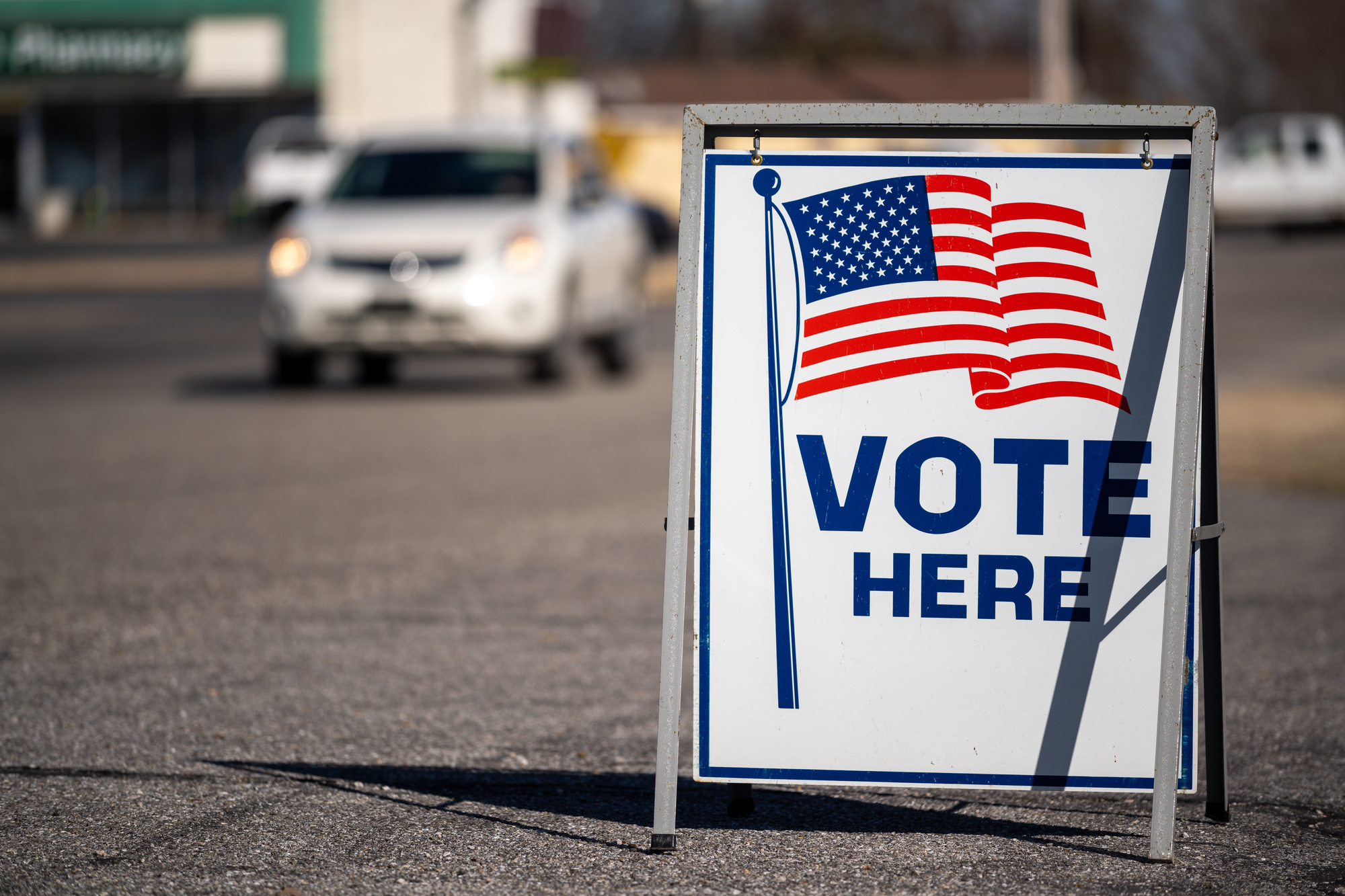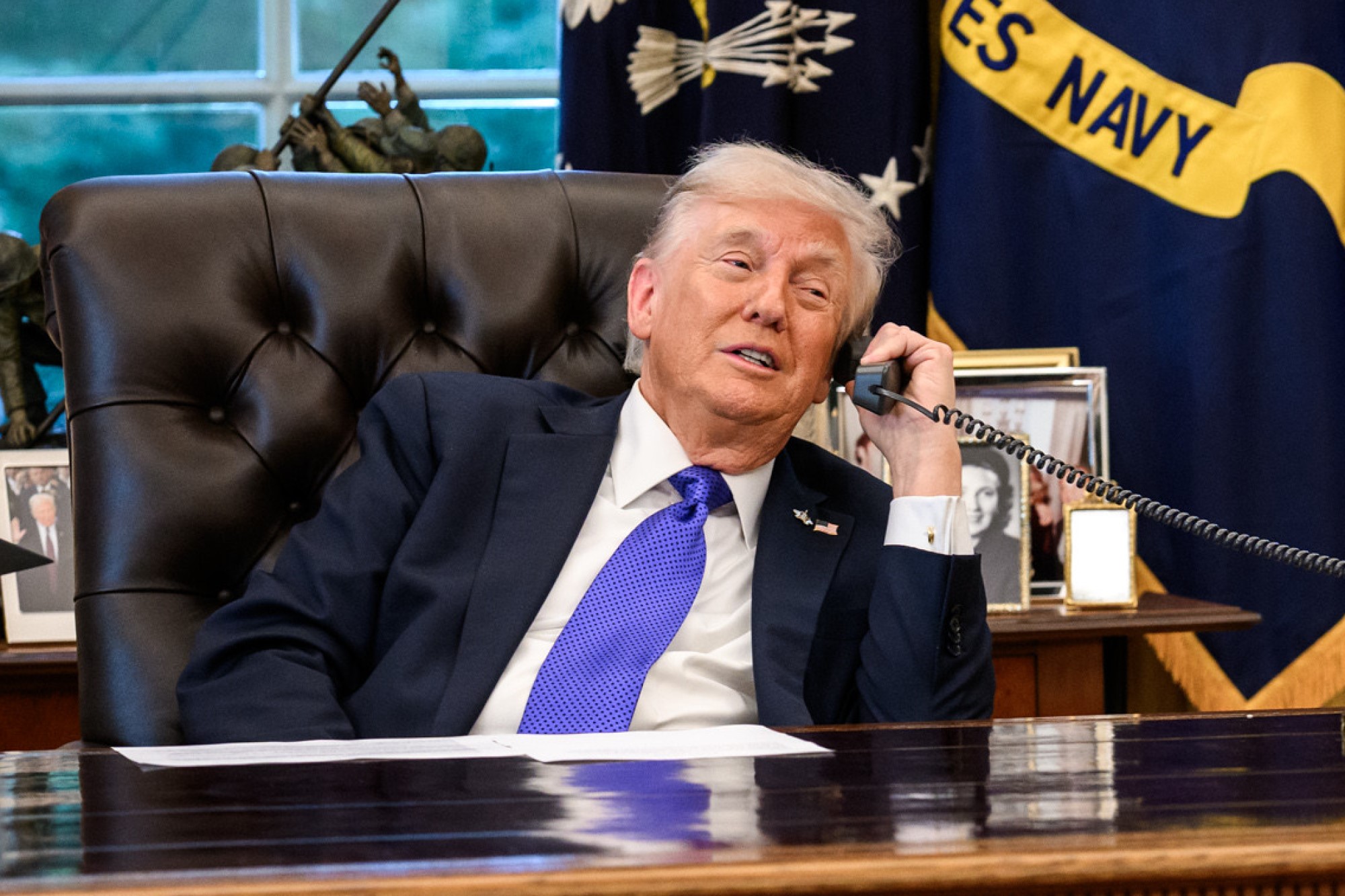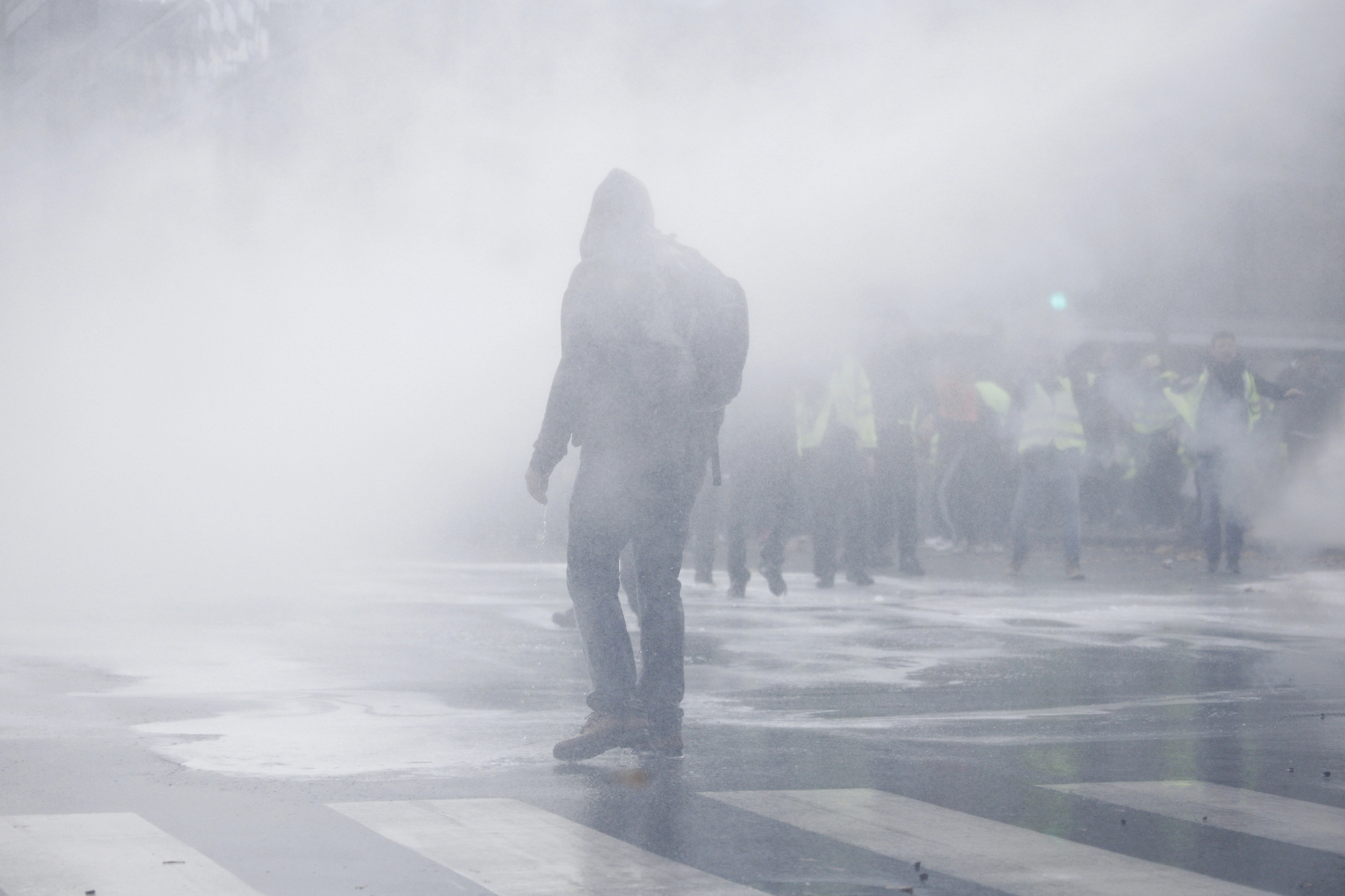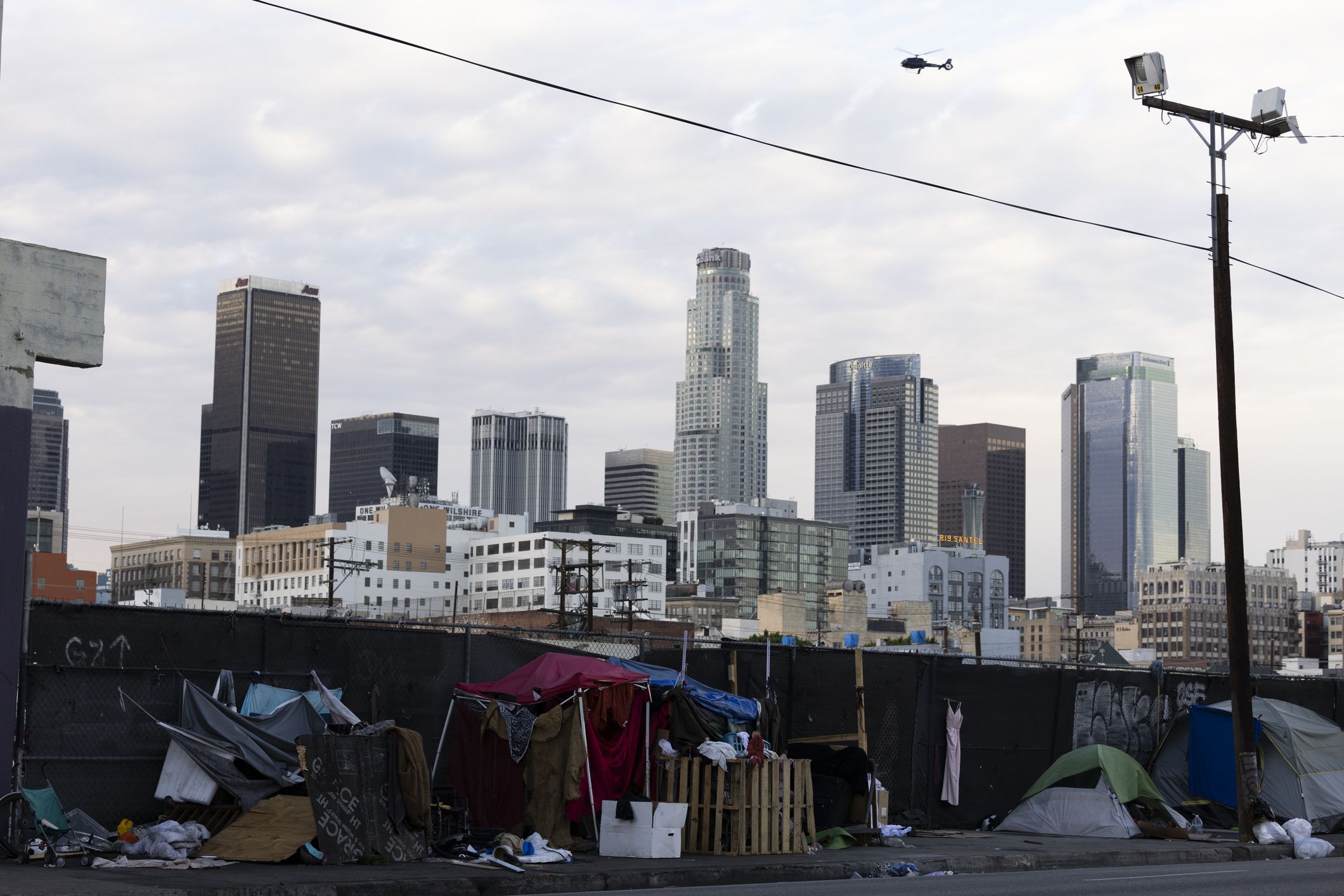Freedom of Speech and the Freedom from Consequences
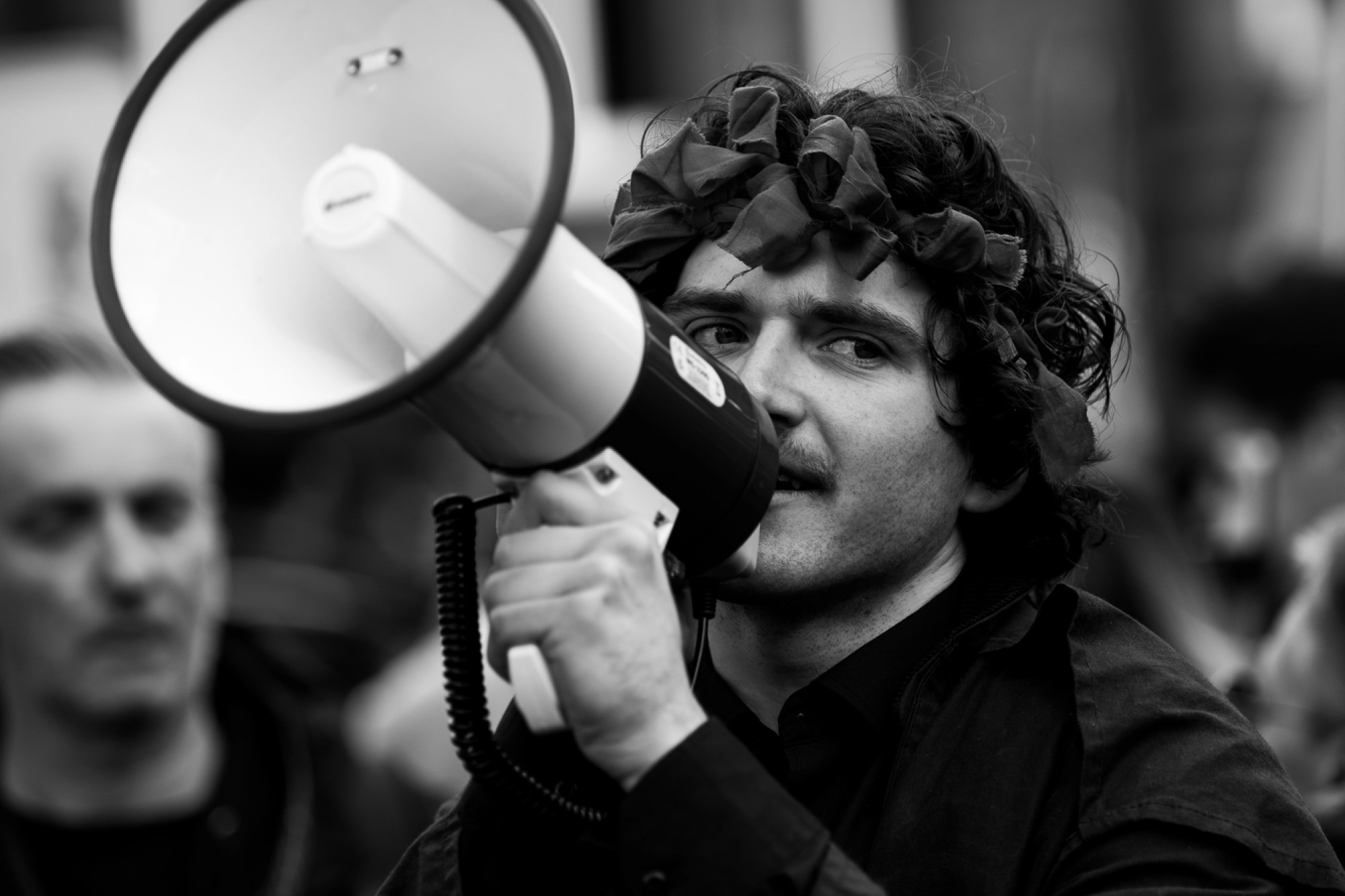
As of September 24th, comedian Jimmy Kimmel is back on the air. His comments on the killing of conservative activist Charlie Kirk led to his suspension from ABC. Some conservative advocates of banning Kimmel from the air, stressed that, essentially, freedom of speech does not imply freedom from consequences. As Benjamin Rossi observed in the Prindle Post in 2021, this specific line of argument was once primarily associated with liberals and especially social justice activists.
Something seems right about it. Just because speech is legally allowed, does not mean nothing bad will result. Similarly, one is allowed to tell their partner that they are “a parasite with the same anger issues as their deadbeat father,” but there might be consequences…
But let us put the claim in a very strong form. A government asserts: “You have the freedom of expression, but if we do not like what you say, then we will shoot you. Freedom of speech does not imply freedom from consequences.” Something has clearly gone wrong.
One underlying question here is what does it mean to have a right. One can have a right in a strictly “formal” sense, as in, there is a legal assertion somewhere that someone has the right to free speech, but it does not necessarily follow that they can exercise the right; that they have the right for practical purposes. Benefits of free speech, such as self-expression, exchange of ideas, and critiques of power, all flow from actual expression, not mere legal codification. If we want people to be able to exercise their right to free speech, then there needs to be at least some protection from the consequences of exercising that right.
Moreover, the imposition of consequences is literally how behaviors are restricted. Therefore, the idea that free speech and the consequences of free speech are simply separate matters makes little sense.
However, not all consequences are equal. The clearest example of consequences that a free speech right should limit are consequences imposed by government itself. This is partly because protecting criticism of the government has emerged as an important function of free speech, but also because the government can regulate its own behavior without imposing rules or restrictions on anyone else. The involvement of Federal Communication Commission (FCC) Chairman Brendan Carr in the suspension of Kimmel is one of the factors that made the case so controversial.
This does not mean that the government cannot impose any consequences for speech, but it should be extremely cautious if it cares about preserving the right. And indeed, when ruling on free-speech cases US courts have generally adopted the “strict scrutiny” standard of judicial review. This means that the government must show restrictions on free speech occur due to a compelling government interest, are narrowly tailored to their purpose, and are the least restrictive means of doing so. Laws against inciting violence are a classic example of government restrictions (through consequences, incidentally) of free speech.
But what if the government is not involved?
It might be asserted that freedom from speech does not imply freedom from consequences, as long as those consequences are not imposed by the government or due to government pressure. This avoids some of the absurdity of the original naked assertion. The idea here is that these are consequences imposed by private actors, and therefore not the government’s business to halt. In fact, the argument goes, the government should be especially leery of getting involved because it is now restricting the behavior of private actors. For example, to grant an employee the freedom to go on a political rant at work, the government must also forbid their employer from firing a potentially disruptive employee. (Notably, government employees have some free speech protections at work.)
But does this allow through enough speech? We are likely unsympathetic to the individual who gets fired from work because of some racist rant. But what about an employee fired for political speech outside of work that is unrelated to their work performance or work environment? Suddenly, work can be leveraged against someone’s broader ability to engage in public speech. This is especially the case now with social media and pressure campaigns. Given this, government protections against firing and other workplace consequences for specific speech may be justified. This is not an uncommon situation in US law. In many states one can be fired at any time without cause, but not for specific protected reasons such as race or religion.
There is no simple principle here, it requires careful balancing, but the general point remains — it can make sense to prevent consequences imposed by non-government actors. The employee’s free speech rights could outweigh their employer’s right to run their business as they see fit.
Other consequences of free speech, e.g., social censure, would be incredibly invasive (and likely fruitless) to try to prevent, so there can always be some professional and social consequences to exercising free speech rights.
In order to protect the larger benefits of free speech, it may be necessary to limit select consequences imposed by private actors and especially government-imposed consequences. But that doesn’t mean that we should treat all speech as being equal. For example, Ryan Biehl has argued in the Prindle Post that disinformation should not necessarily enjoy full free speech protections. Similarly, speech that incites violence is a longstanding exception. While some consequences are surely deserved, if we care about the meaningful exercise of free speech, our right to free speech can’t allow any and all.

